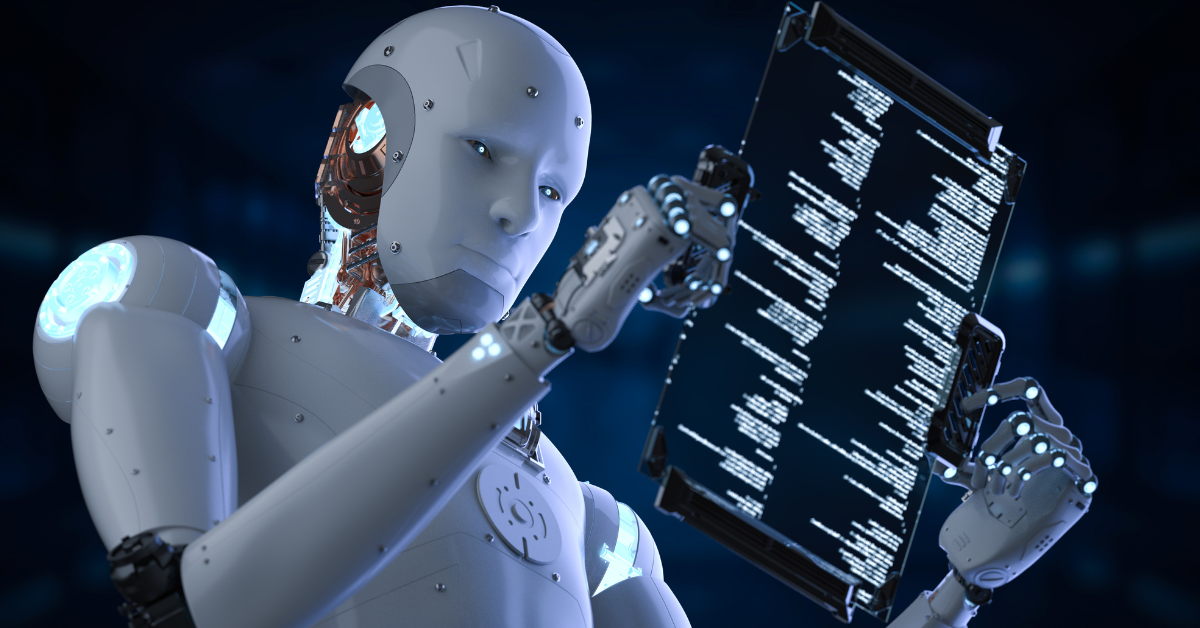Over the years, I’ve witnessed technology evolve at a pace that never ceases to amaze me. From my early days in the early ’90s at RMIT University—when I first dipped my toes into AI and neural networks—to nearly 25 years in global big tech, collaborating with public sector and enterprise clients across Australia and the region, I’ve seen firsthand how innovation redefines what’s possible. Today, we’re standing on the cusp of another revolution: generative AI, which is transforming not only how code is generated but the entire fabric of software engineering.
“We’re seeing that developers using AI tools like GitHub Copilot are reporting that up to 30% of their code is now generated by AI.”
— GitHub CEO Thomas Dohmke
This isn’t just an isolated phenomenon; it’s a reflection of how artificial intelligence is permeating every stage of the software development lifecycle.
Rethinking the Early Phases of Software Engineering
Back in the day, gathering requirements for a project meant long hours poring over data, meeting with stakeholders, and painstakingly drafting reports by hand. Today, advanced generative AI models—such as the emerging AGI and reasoning systems like ChatGPT’s latest o3 models—are dramatically changing that landscape. With just a few natural language prompts, these systems can:
- Extract actionable insights: Quickly analyze vast datasets to highlight trends and critical information.
- Generate compelling visualizations: Transform raw numbers into clear, engaging charts and graphs.
- Organize data efficiently: Collate diverse data sources into coherent, comprehensive reports.
I remember the excitement of my early elective in AI at RMIT, marveling at the possibilities even when the technology was in its infancy. Now, watching AI accelerate the requirements gathering phase feels like a fulfillment of those early dreams. Technical business analysts can now use tools like v0.dev to create working wireframes and prototypes, with the prediction that by late 2025 or mid-2026, simple prototypes might be entirely prompt-driven.
Transforming Code Generation and Beyond
The impact of generative AI on coding has been the most visible shift. Tools like GitHub Copilot have fundamentally changed how developers work, automating repetitive tasks and freeing up time for creative problem-solving. Yet, the revolution extends far beyond just generating code:
- Automated Testing: AI now creates detailed test scripts and scenarios that align with complex business rules. It can even generate synthetic datasets that mirror real-world conditions, making testing more thorough and reliable.
- Dynamic Documentation: Let’s face it—updating technical architecture documents, ER diagrams, and solution designs is often a chore. While still emerging, AI is poised to take over these tasks, ensuring documentation remains current and comprehensive.
“AI is not just about code; it’s about rethinking the whole process of software development.”
— Sundar Pichai, CEO of Google
Having spent decades navigating the complexities of software engineering, I’ve seen how even the most meticulously planned projects can fall short due to budget constraints or tight timelines—often sacrificing thorough testing and documentation. Now, with AI stepping in, every aspect of the process is poised for a much-needed upgrade.
A New Paradigm in Project Scoping and Resource Allocation
The ripple effects of these advancements are profound. The way we scope projects, allocate resources, and even structure our teams is being reimagined. Traditional frameworks like Agile and SCRUM have been the backbone of project management for years, but the integration of AI demands a fresh approach.
- Enhanced Scoping: With AI-driven insights, we can achieve more precise project estimations and resource allocations.
- New Skillsets: As routine tasks become automated, there’s a growing emphasis on skills like strategic innovation, data analysis, and AI oversight.
- Innovative Methodologies: We’re on the brink of witnessing new frameworks that blend human creativity with machine efficiency, redefining project management for the modern era.
In my career, I’ve seen how public sector bodies and enterprises across Australia have had to adapt quickly to technological changes. This new wave of AI integration is no different—it’s a call to action for all organizations, regardless of size or industry.
Navigating a Fast-Changing Landscape
For enterprises, governments, startups, and individual developers, the journey into generative AI offers both challenges and immense opportunities. Here are some thoughts on navigating this dynamic landscape:
- Invest in Training: Equip your teams with the skills to leverage AI effectively. This might involve everything from technical upskilling to understanding AI ethics and oversight.
- Start with Pilot Projects: Test the waters with small-scale projects that incorporate AI at different stages of development. Learn, iterate, and build a robust framework for larger initiatives.
- Revise Traditional Processes: Consider rethinking your current methodologies. Look beyond Agile/SCRUM to frameworks that seamlessly integrate AI into every phase of the project.
- Foster Collaboration: Whether it’s through partnerships with AI startups, industry collaborations, or government-led initiatives, sharing knowledge and resources can accelerate the transition to an AI-driven development process.
Looking Ahead
Generative AI is more than just a tool—it’s a transformative force that’s reshaping the entire software engineering landscape. From revolutionizing requirements gathering to automating testing, documentation, and even project scoping, AI is driving us toward a future where software development is faster, more efficient, and infinitely more creative.
Reflecting on my journey—from the early days at RMIT to decades in global tech—I am filled with excitement for what lies ahead. This is not just a technological shift; it’s a paradigm shift that will redefine how we think about and build software. Whether you’re part of a government body modernizing legacy systems, an enterprise looking to innovate, a nimble startup, or an individual developer striving to stay ahead, the time to embrace this change is now.
Let’s seize this moment and lead the way into a new era of software engineering—one powered by the limitless potential of generative AI.

Leave a Reply